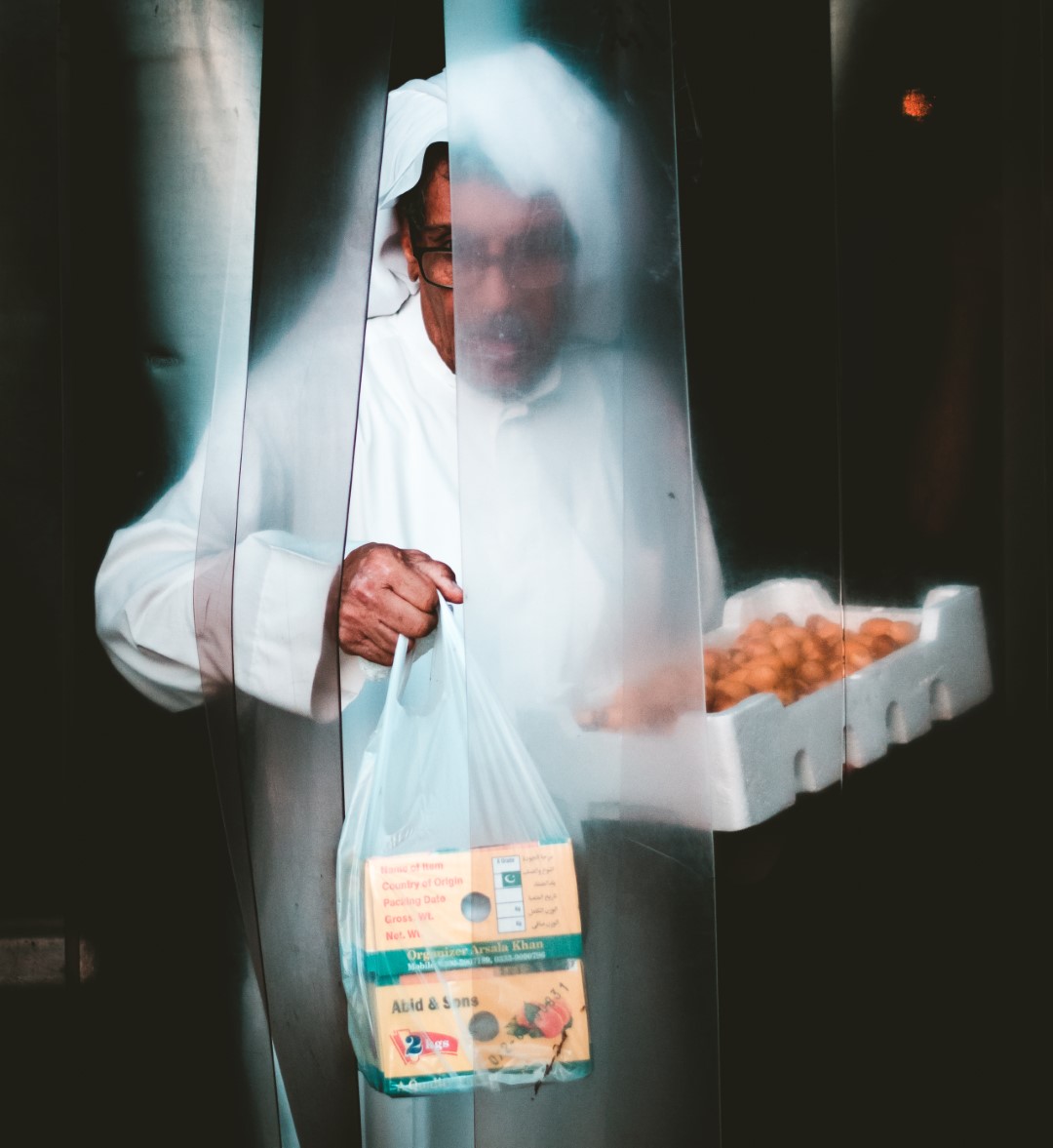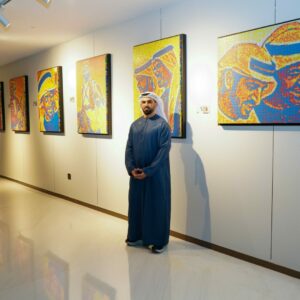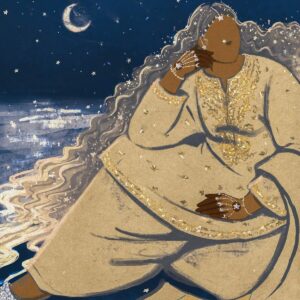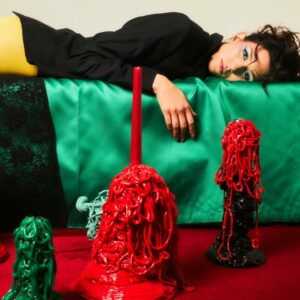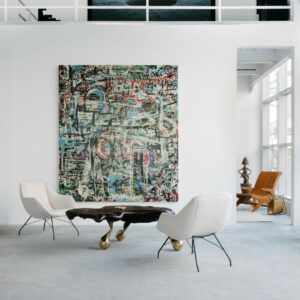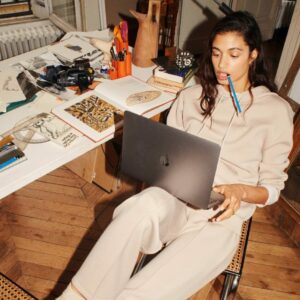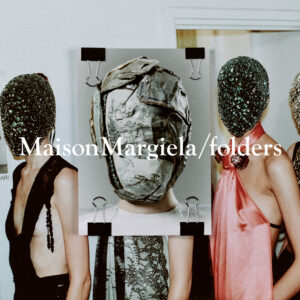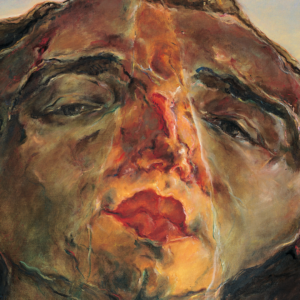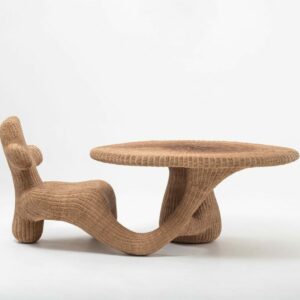Ishaq Madan (Instagram) is a Bahraini photographer whose work drifts between the streets and the subconscious, capturing the raw beauty of imperfection. A self-taught artist, his lens gravitates toward the human condition—its stillness, its chaos, its fleeting emotions. Madan’s photography is driven by a desire to bridge Bahrain with the wider world, using imagery as a universal language. Rejecting perfection, he embraces experimentation—playing with framing, perspective, and print-based storytelling to create compelling, unconventional narratives. His work has been exhibited at MoMA, the Bahrain Authority for Culture & Antiquities, and the Sharjah Art Foundation, each marking a new chapter in his evolving visual language. Here, we talk to Ishaq Madan about his beginnings in photography, his craft and his hopes for the future.
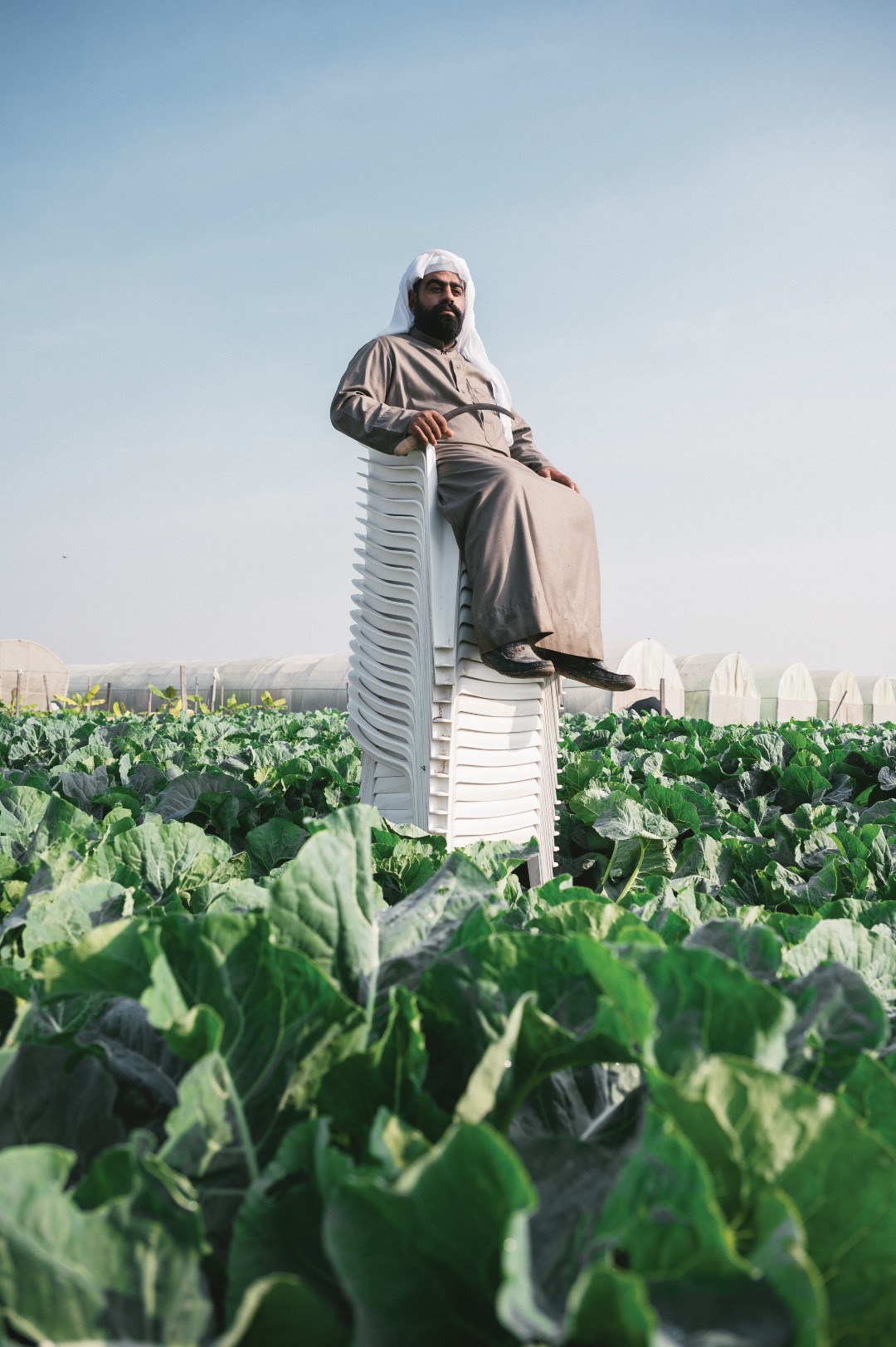
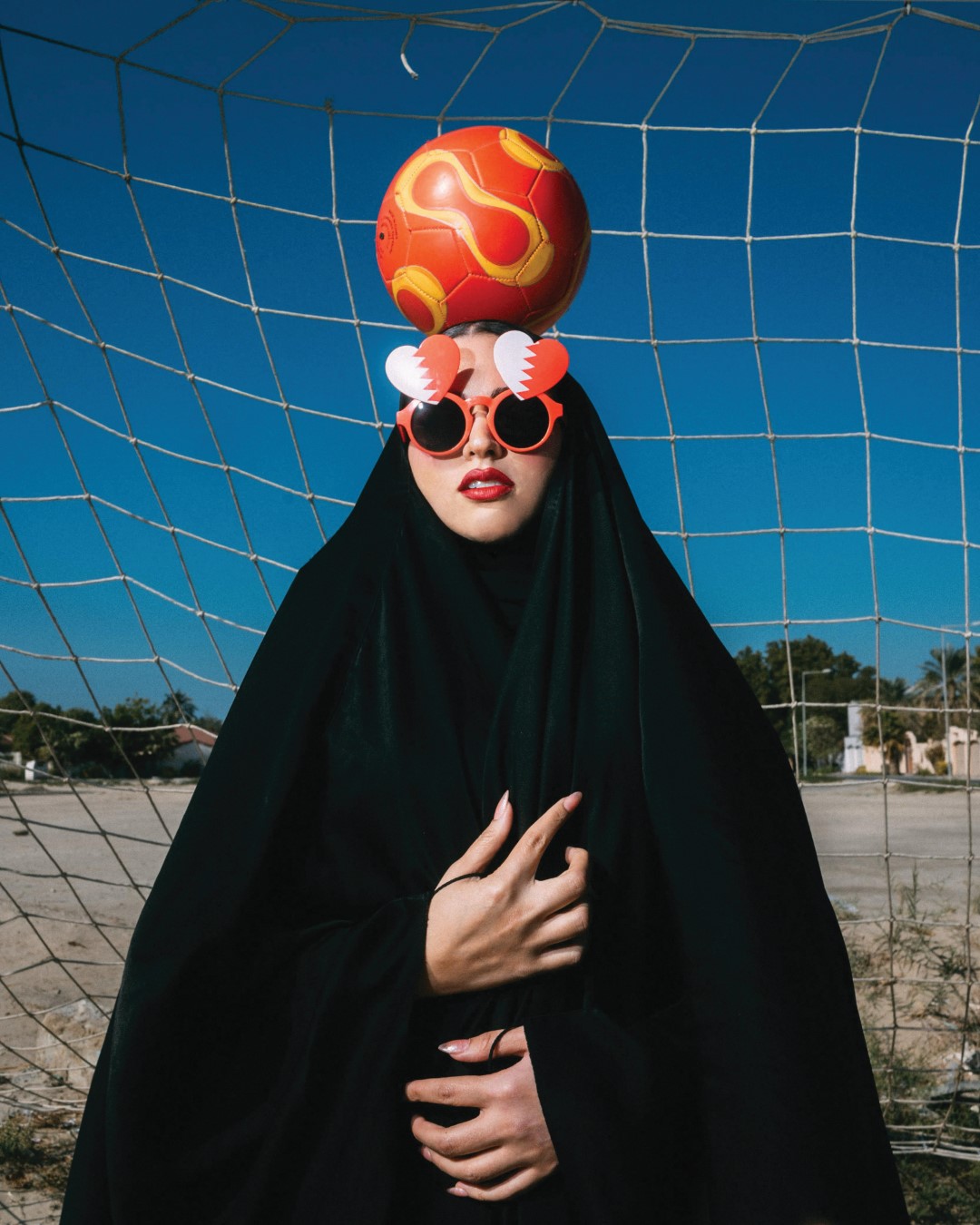
Ishaq Madan, welcome. As a self-taught photographer, what first drew you to the medium, and how did you develop your craft over time?
I believe the seed was planted when I was a kid as I used to take photos during family trips. More so, I have always been curious and observant, the perfect ingredients for honing the craft.
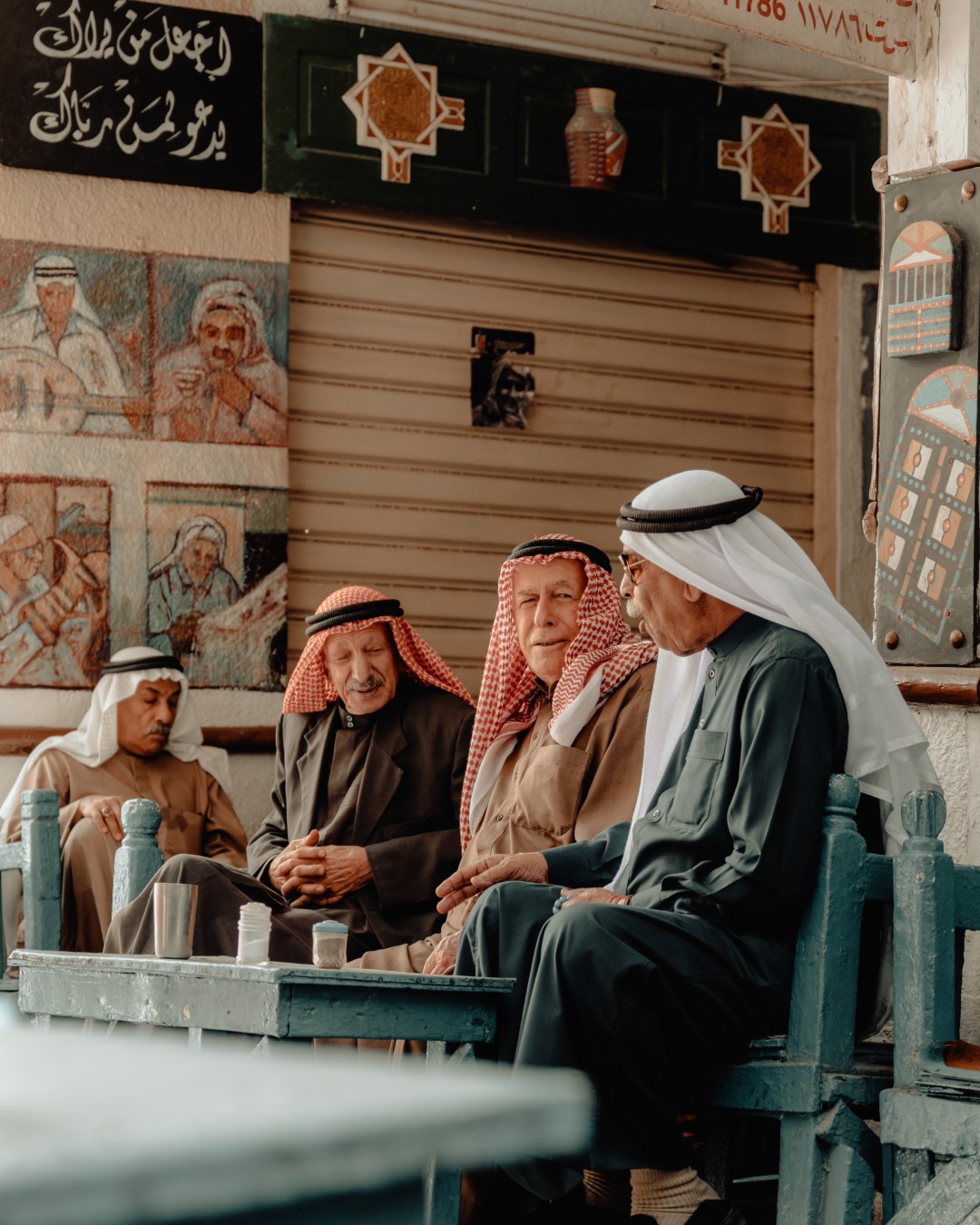
Your work often explores the human condition. What initially sparked your interest in this theme?
It comes down to understanding my own existence in this world and the similar experiences we collectively share, as life is a journey I suppose I am trying to find answers through these experiences.
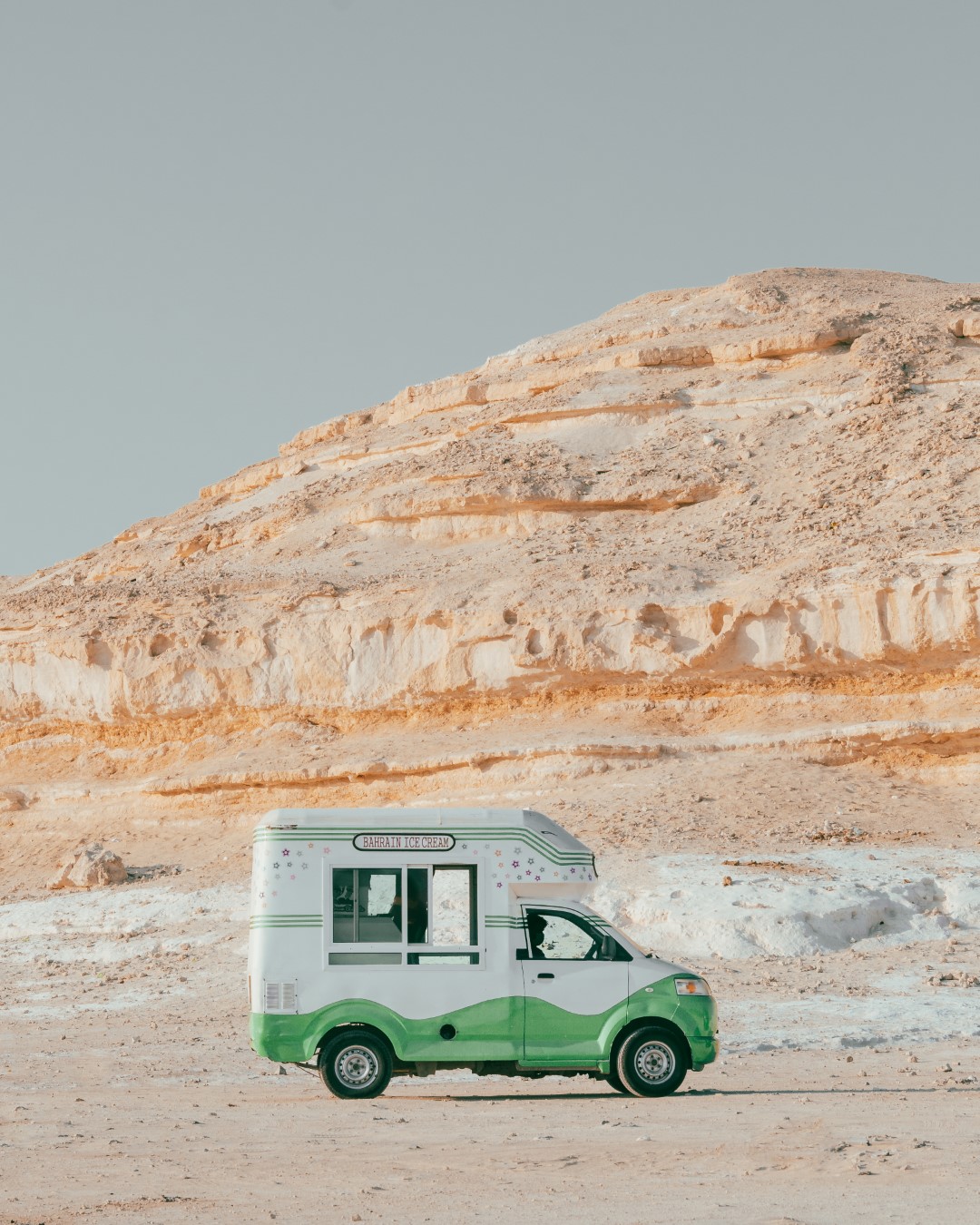
How does your Bahraini heritage influence your artistic vision and storytelling?
In an ever evolving world and social media’s tendency to create a tunnel narrative heavily shaped by Orientalism towards our region, it’s important as artists to take control of misinformation and shape it to highlight the beauty and intricacy of our heritage beyond the boxes we have been placed in.
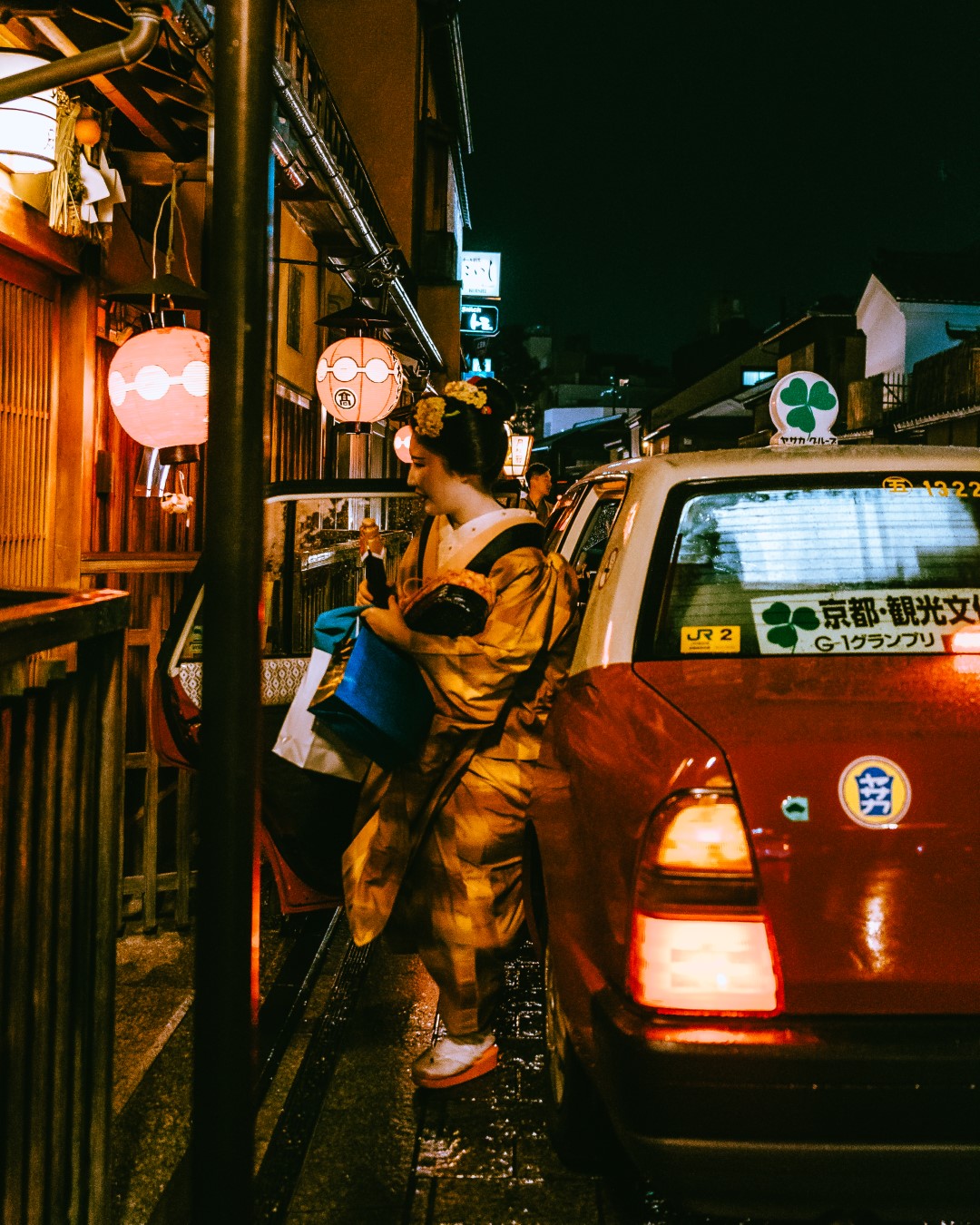
You aim to bridge the gap between Bahrain and the world through visual stories. What do you think is the most misunderstood aspect of Bahraini culture that you try to capture?
While abroad I have had my share of experiences with ignorant or misguided people who tend to attribute to us oil and camels as their only understanding of our existence. Whereas the culture is rich with a number of elements included in UNESCO’s cultural heritage list that aims to preserve their significance.
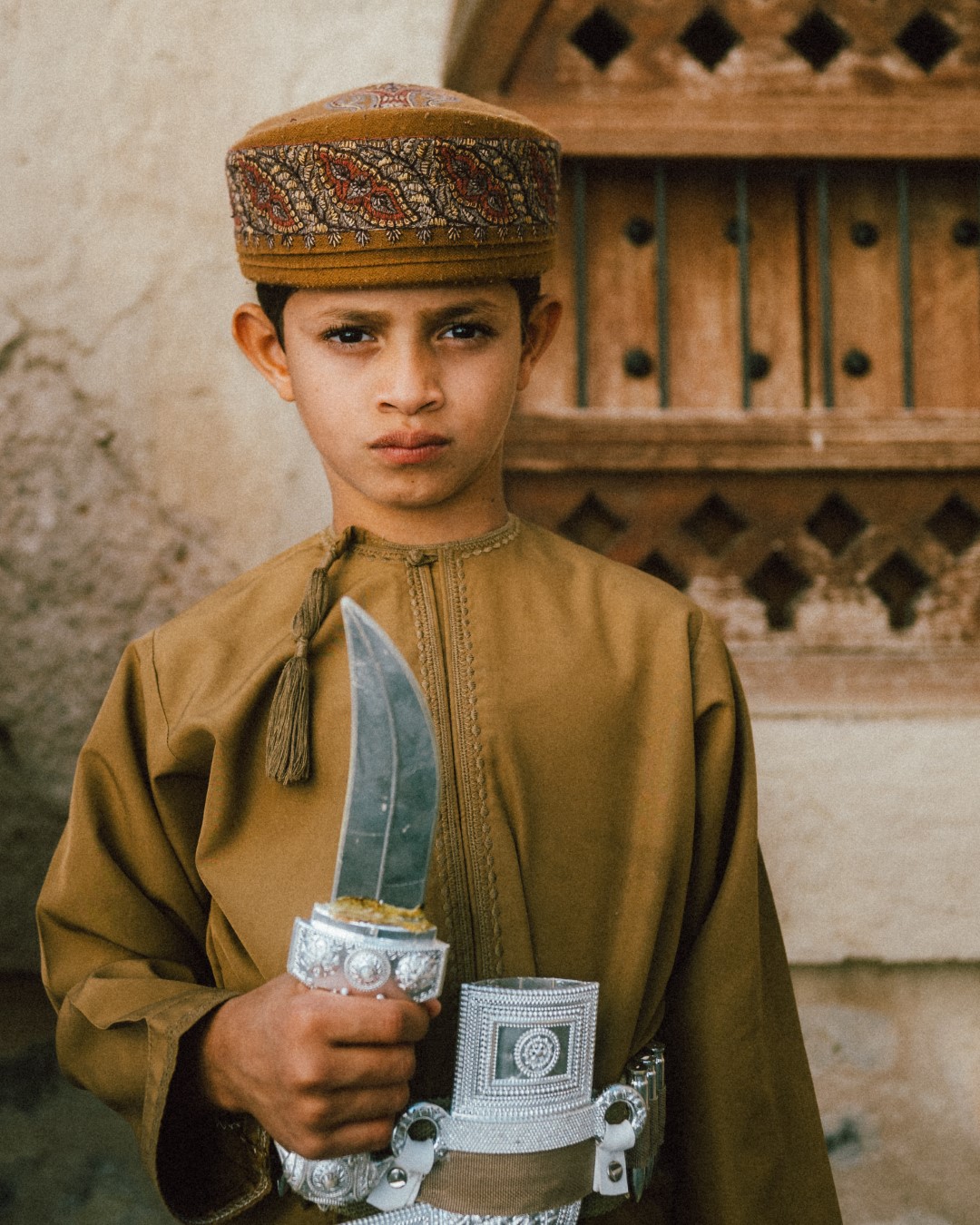
Street photography requires a keen eye for the fleeting moment. How do you decide what to capture, and what makes an image compelling to you?
The beautiful thing about it is it is a cumulative process of everything I consume. That being said, inspiration from movies, photobooks, or even conversations tends to shape and attract things to me, allowing me to search for things that I can initially only imagine.
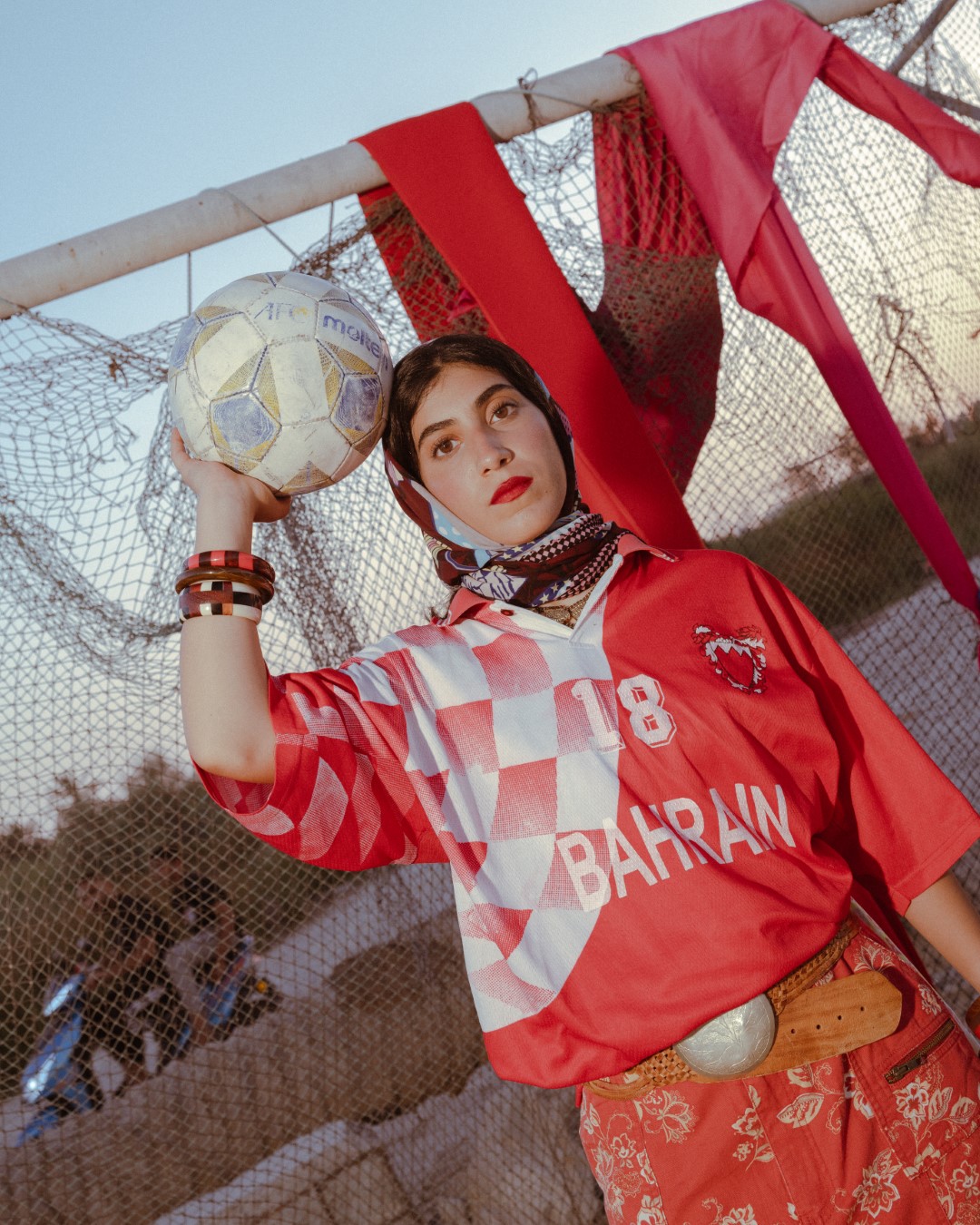
Conceptual photography allows for more control and intention—how do you balance that with the spontaneity of street photography?
It depends on the visual story I am trying to communicate, the balance is derived from a need to be visually imperfect and, in parallel, tasteful.
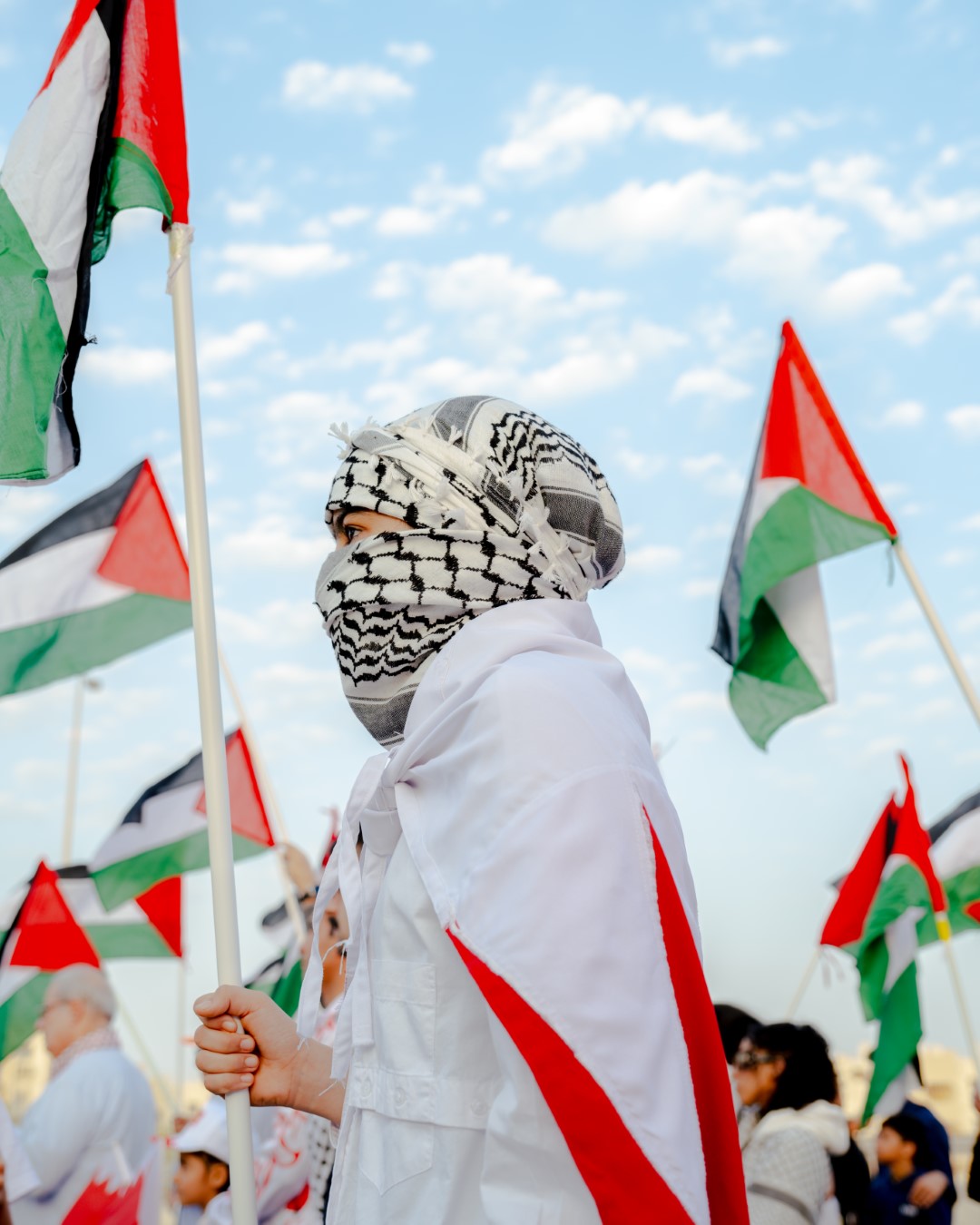
What role does emotion play in your photography, and how do you convey it visually?
A bridge between my state of mind and the expressive need to simply release those emotions visually. Looking at my images, colours and how the subject is portrayed play a key role in revealing my emotional state.
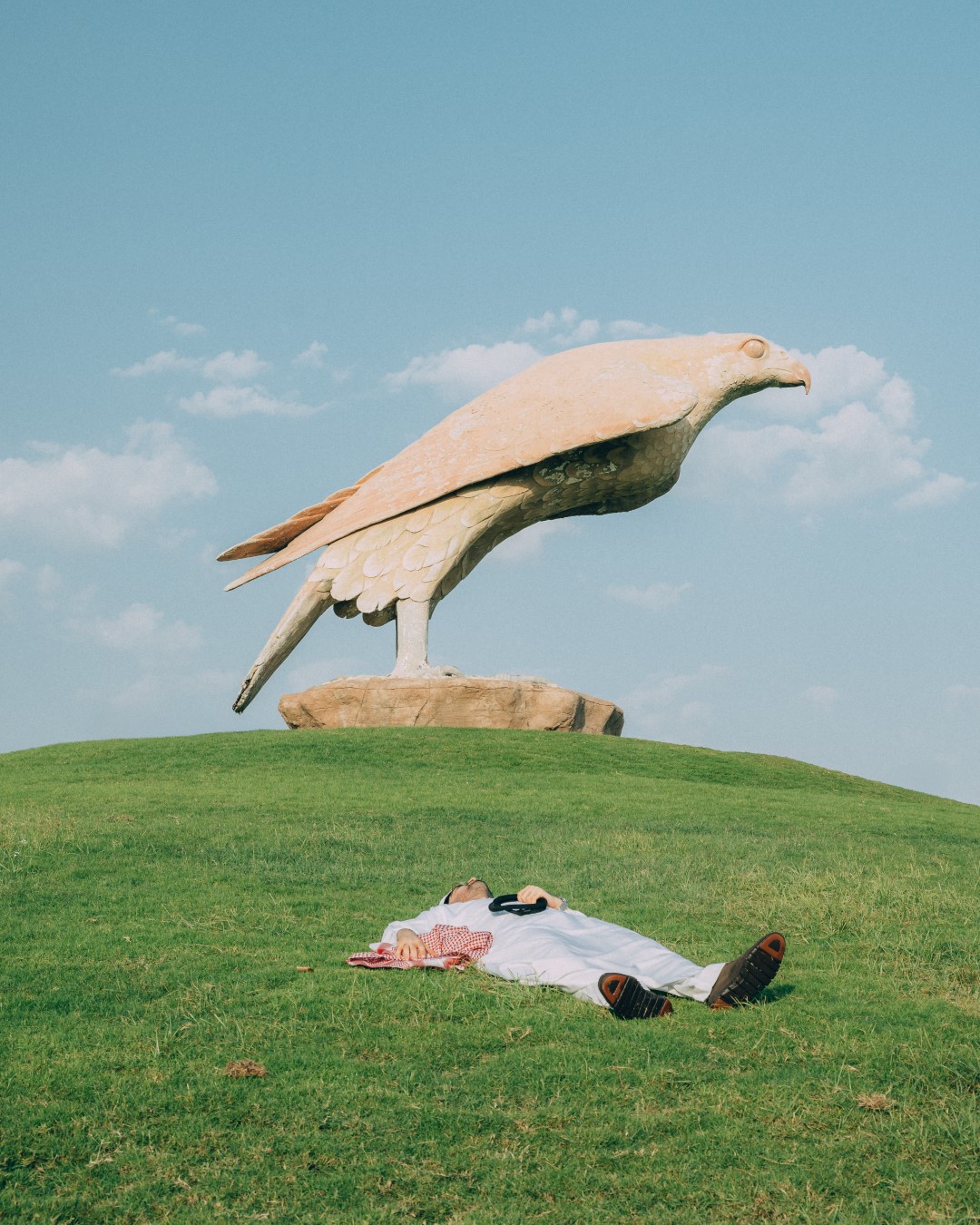
Photography is constantly evolving. How do you challenge yourself to grow and push the boundaries of your work?
I look for ways to express twists visually, seeking imperfections rather than the nuances of perfection often shoved down our throats in this age of social media. These ways can come in forms of experimentation of frames, to simply focusing on publishing print based content.
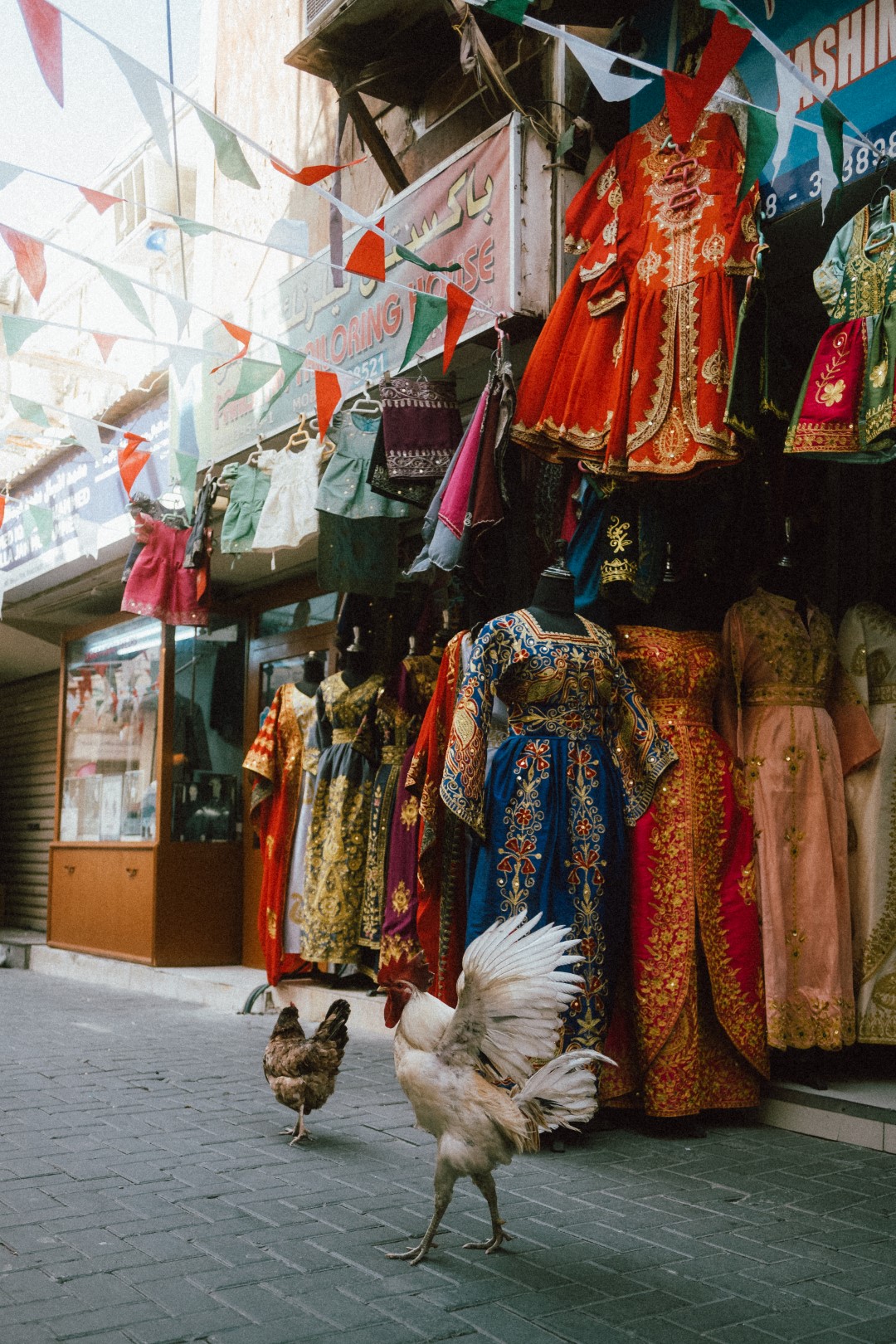
If you could experiment with a completely different artistic medium, what would it be and why?
I love music. It has influenced me more often than not, as such I would definitely pick playing the piano, as it grounds you and allows for many forms of expression.
Ishaq Madan, thank you.
For more stories of art and culture, like this interview with Ishaq Madan, visit our arts and culture pages.
